Author: Dr. Kanika Singla
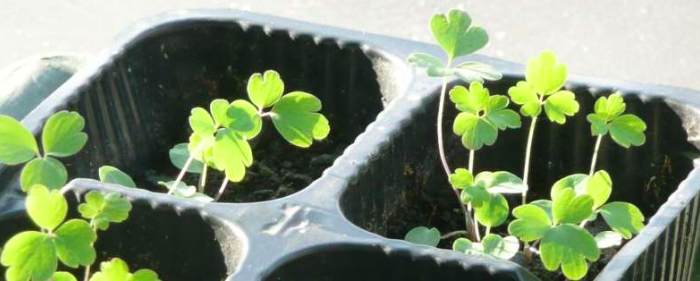
Sow under shelter or in the ground?
August 7, 2018One of the first questions we ask ourselves when we start in the kitchen garden is this: Should we sow under shelter or in the ground ? Prepare your seedlings indoors , or wait patiently for the best days to get started? Sow bucket or bowl ? We explain everything from definitions to techniques , through the advantages and disadvantages of each method … not to mention our little tips ! Sow in the ground, also […]
Read More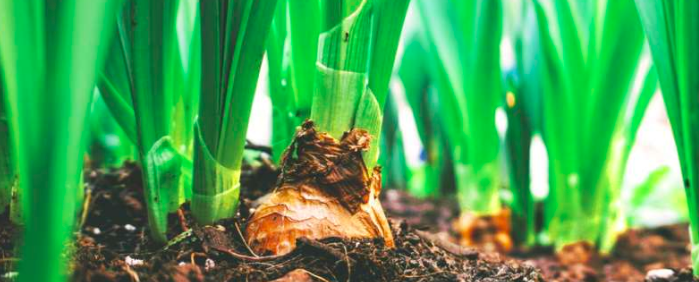
Mulching in the kitchen garden allows life to flourish.
August 7, 2018Mulch or not mulch? That’s the question. Many gardeners mulch to protect the plants – drought in summer, cold in winter. However, the interest of mulch goes well beyond! In this article, we will try to show you that mulching has many advantages , provided you understand it and adapt to the processes that are linked to it. The techniques […]
Read More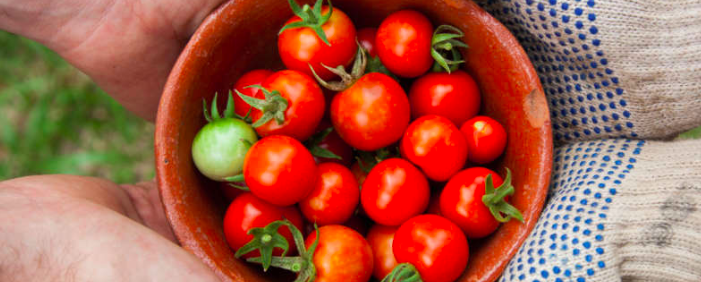
Do you know how to plant at home: garden at your neighbor’s house.
August 7, 2018Do you know how to plant at home: what is it? “Connecting people who have a garden and who dream of having a kitchen garden but have neither the time nor the desire to take care of it, with people who have a passion for gardening but who do not have no garden or plot […]
Read More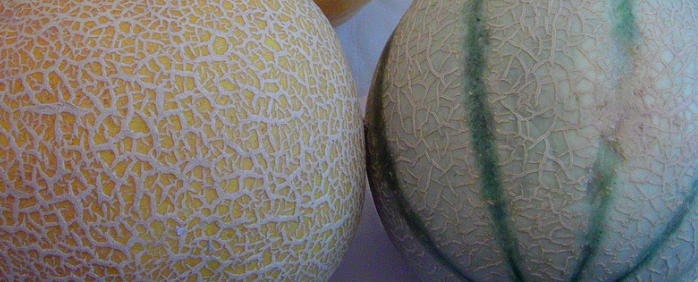
The MELON, tips to learn how to cultivate it well.
August 7, 2018Ah, cultivate the melon yourself … Here is a form of achievement for any gardener installed north of the Loire! We therefore dedicate this note to him, in order to better understand his needs, and of course to go to bed less stupid. Our intention here is to offer you a holistic approach: to begin by understanding where […]
Read More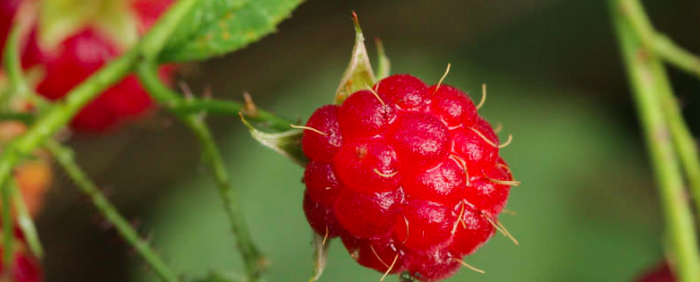
The basics to understand and grow RASPBERRY
August 7, 2018If you like raspberries, you should know the BA-BA on raspberries! It’s like that, it’s vital. Already to sleep less stupid, but also not stupidly consume something without knowing how it grows. So we offer you this article to tell you where raspberries come from, what they like, what they do not like, and their physiological peculiarities. Where […]
Read More
TESTS # 1: Plant in the unusual!
August 7, 2018Hello to all friends gardeners! We decided to start a new series: In fact, we realized for you tests seen on social networks to check whether or not it works! The first test that we have done for you is to plant in a little everything that dragged in fact! To do what ? Well, how […]
Read More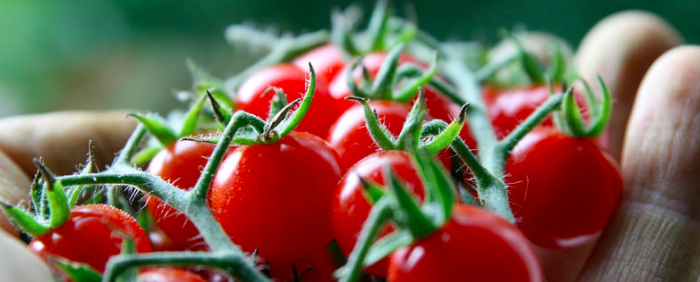
Tomato: history of a difficult culture.
August 6, 2018Tomatoes are the most common vegetable in the garden – and not at all the easiest to grow . We offer you this article entirely dedicated to tomatoes: where they come from , how they have evolvedover generations, why their culture is often random , and why it is good to recover its seeds . Where does the tomato come from? From the supermarket? The tomato is today the most […]
Read More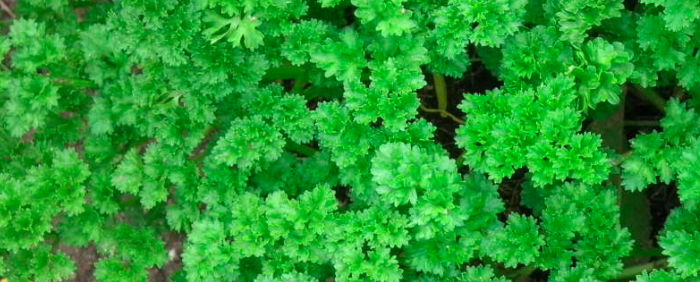
Parsley, its secrets, its origins, and how to take care of it.
August 6, 2018Parsley is the most commonly found aromatic plant … between the teeth at the end of the meal. “Groww, you go astray from the first sentence, take it back! ” We will not insult you here to remind you that it is a biennial plant 15 to 50 cm high, which forms a basal tuft topped […]
Read More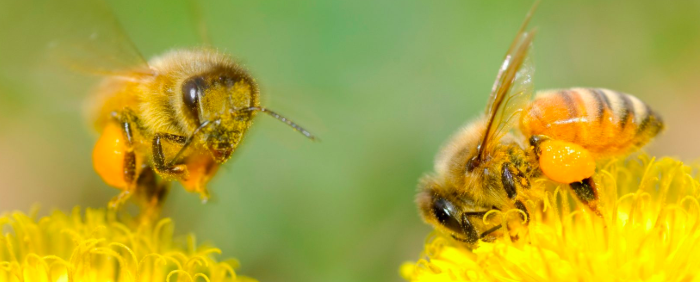
Better pollinate seed production plots
July 11, 2018For several years, the seed and beekeeping sectors have been working to strengthen relations between their two businesses. The latest tool is Beewapi.com, a promising trading platform. Beekeeping and agriculture flourish Bees are crucial for the production of oilseeds (rapeseed, sunflower, etc.), particularly in seed multiplication , where the quality and quantity of the seeds are essential. Pollinating insects participate […]
Read More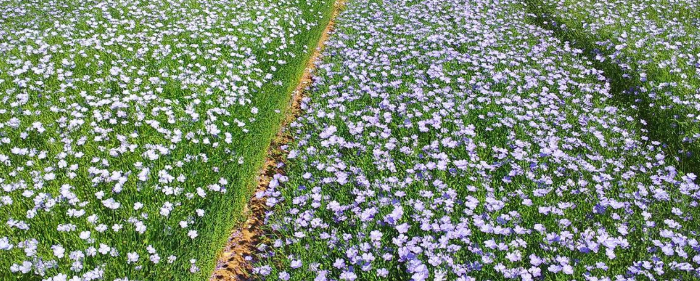
Plant improvement
July 10, 2018Varietal creation is born of men’s need to provide regular, abundant and diversified food. The adventure began about 10,000 years ago, and the evolution of techniques and knowledge has made it possible, in the twentieth century, to make exceptional qualitative and quantitative progress. How are new varieties created? A little history… After being hunter-gatherers, men become […]
Read More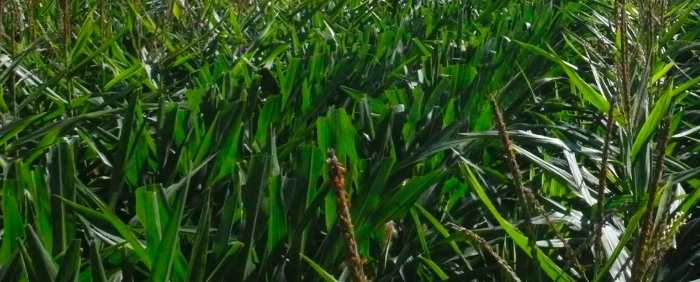
How will maize adapt to climate change?
July 10, 2018Climate change is a reality. Agronomists are already working on the most suitable field crop varieties to maintain good yields. And that, even when the water is missing, the temperature increases and the climatic hazards multiply! Corn will gradually move Maize yields in the south-west have stagnated in recent years. Because if corn needs warm temperatures, it also […]
Read More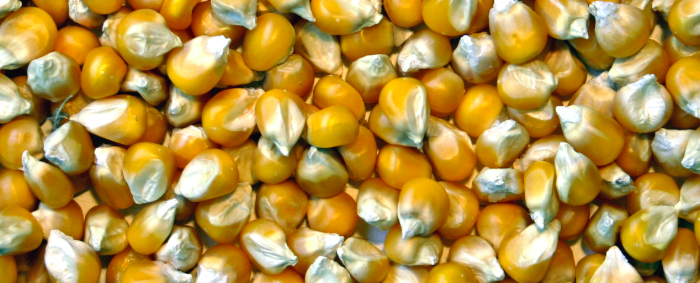
Corn, the “organic” plant of our countryside
July 10, 2018Every summer, the French countryside is covered, as far as the eye can see, with fields of corncobs. No less than 3 million hectares are cultivated in France, year after year, with this grass. It is also the first cereal production in the world! Used exclusively for food and feed for a long time, new outlets are emerging […]
Read More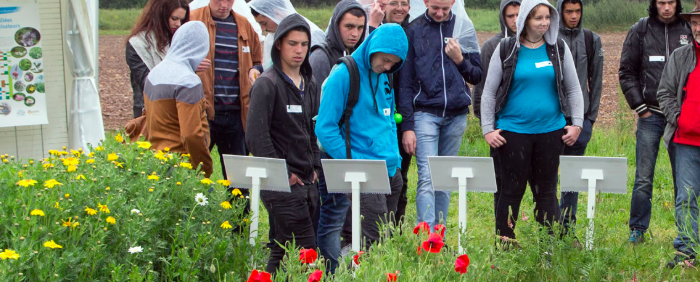
No, meadows do not grow by themselves…
July 10, 2018The meadows where the cows graze peacefully seem very “natural” to us. However, the farmer-breeder had to choose and sow seeds to ensure a quality pasture. At the 9th Gnis Biodiversity Day, May 12, 2016, Julien Greffier, Forage Product Manager at LG Seeds, was our guide. He explained to us how the farmer must make wise choices to […]
Read More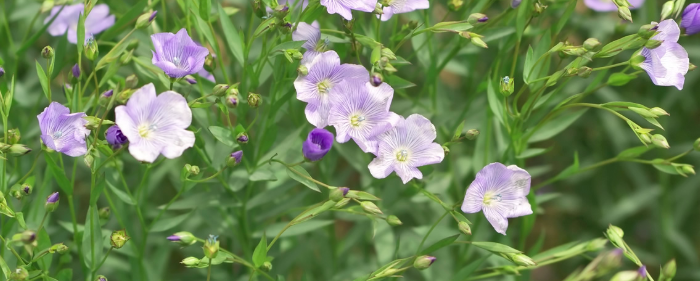
What is this blue flower that dresses the Normandy coast?
July 10, 2018This blue-mauve lining the fields of northern France in June and delighted the hearts of hikers comes from flax. This plant is characterized by flowers as delicate as ephemeral . The linen flower opens in the morning, and the petals fall with the afternoon sun! But its hard fiber, which is why it is prized around the world by industries […]
Read More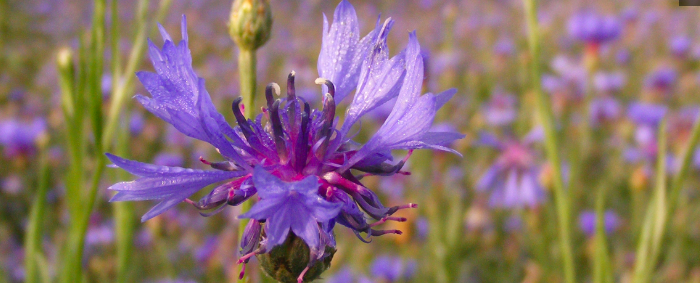
Wild plants to reclaim landscapes
July 10, 2018Poppies and blueberries reappear in the countryside and in cities. On the motorway edges as well as around industrial sites, they avoid soil erosion and therefore the risk of scree on the road. In addition, they require little maintenance. These wild plants constitute a new market, which seduces more and more … The Phytosem team testifies. Wild plants, […]
Read More